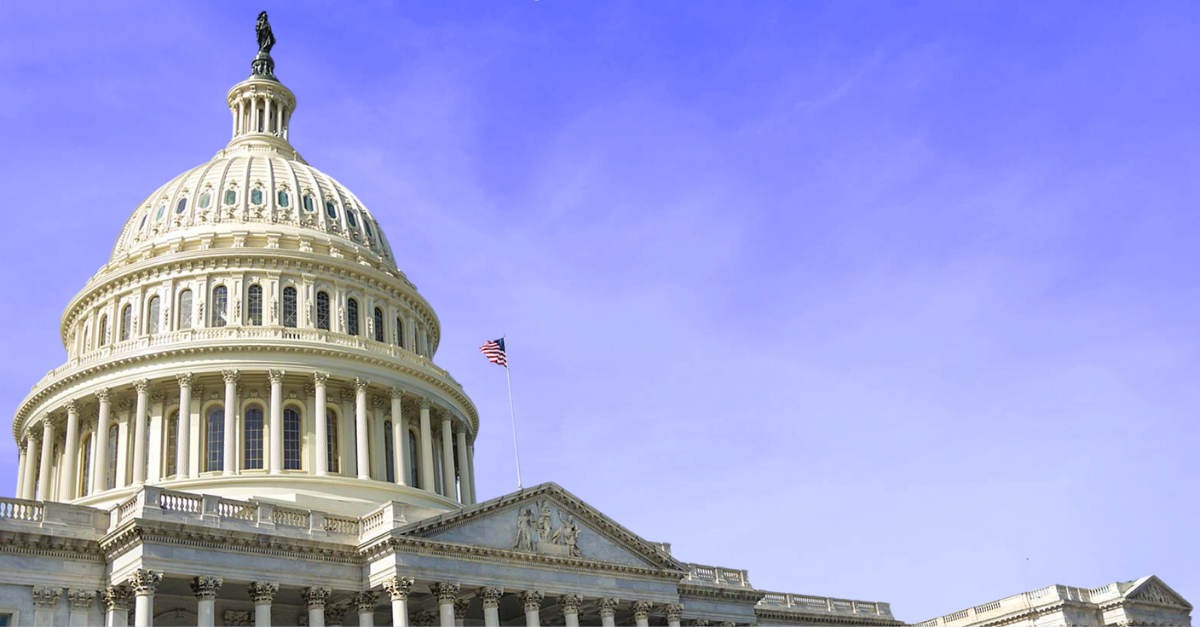Debit Interchange Fee Cap: FRB Reg II Proposed Amendments
Proposal to amend the interchange fee cap and methodology

Regulatory Insights
- Interchange Fee Drop: Overall reduction in fee components, resulting in a nearly 30 percent decrease in the fee cap for average transactions ($50), according to FRB estimates.
- Fraud Prevention Costs Increase: Increased costs to prevent fraud prompt a proposed “fraud prevention adjustment” (from 1 cent to 1.3 cents) – the only component to increase.
- More Frequent Adjustments: Original/current fee cap was adopted in 2011. The proposal would recalibrate components on a biennial basis based on the latest issuer data.
- Industry Response: Expected to garner comments/concerns in such areas as potential consumer impacts, costs and investments, and varying direct/indirect impacts to industry participants.
__________________________________________________________________________________________________________________________________________________
October 2023
The Federal Reserve Board (FRB) issues proposed amendments to the interchange fee cap in Regulation II (Debit Interchange Fees and Routing).
The interchange fee cap was originally introduced under the Dodd-Frank Act and is implemented by Regulation II. Under Regulation II, interchange fees received by a debit card issuer for a debit card transaction (except for those that qualify for a statutory exemption) can be no more than the sum of three components: i) the “base” component, ii) the “ad valorem” component, and iii) the “fraud prevention adjustment.” Together, these three components comprise the “interchange fee cap.”
The FRB proposes amendments, outlined below, based on the latest data reported to FRB by large debit card issuers as part of the FRB’s biennial Debit Card Issuer Survey, which covers transactions in 2021; the amendments are intended to reflect changes in allowable costs incurred by “covered issuers” (as defined below) since Regulation II was first implemented in 2011.
Application and Scope. The proposed revisions would apply to debit card issuers that, together with affiliates, have assets of $10 billion or more as of the end of the preceding calendar year (i.e., "covered issuers").
Covered issuers are currently subject to the interchange fee cap, and the proposed amendments are intended to ensure that, for applicable transactions, the amount of any interchange fee received or charged is “reasonable and proportional” to the cost incurred by the issuer with respect to the transaction.
Proposed Amendments to the Interchange Fee Standards. The proposed amendments to the interchange fee standards (comprised of the base and ad valorem components) would include:
- A new methodology for determining the base component, which would comprise a fixed multiplier (3.7), multiplied by the transaction-weighted average of per-transaction allowable costs (excluding fraud losses) across covered issuers, rounded to the nearest tenth of one cent.
- Using this approach, the FRB proposes to amend the base component to 14.4 cents based on data reported in the 2021 Debit Card Issuer Survey, a decrease from the current 21.0 cents.
- Calculation of the ad valorem component as the median ratio of issuer fraud losses to transaction value among covered issuers, rounded to the nearest quarter of one basis point (bp), multiplied by the value of the transaction.
- The “ratio of issuer fraud losses to transaction value among covered issuers” would be based on the most recent Debit Card Issuer Survey.
- Using this approach, the FRB proposes to amend the ad valorem component to 4.0 bps (multiplied by the value of the debit card transaction) based on data reported in the 2021 Debit Card Issuer Survey, a decrease from the current 5.0 bps.
- Updates to the base component and ad valorem components to be made every two (2) years, beginning July 1, 2025, based on data reported in the most recent Debit Card Issuer Survey (therefore, updates as of July 1, 2025, would be based on the 2023 Debit Card Issuer Survey as reported in 2024). (Note: The proposed amendments to the base component and ad valorem components (to 14.4 cents and 4.0 bps, respectively) would be applicable from the effective date of the proposed amendments through June 30, 2025.)
Proposed Amendments to the Fraud Prevention Adjustment. The proposed amendments to the fraud prevention adjustment would include:
- A modified methodology to directly calculate the fraud prevention adjustment as the median per-transaction fraud-prevention costs among covered issuers, rounded to the nearest tenth of one cent.
- Under this approach, the FRB proposes to amend the fraud-prevention adjustment to 1.3 cents, an increase from the current 1.0 cent.
- Similar to the proposed amendments to the interchange fee standards, updates to the fraud prevention adjustment every two (2) years, beginning July 1, 2025, based on data reported in the most recent Debit Card Issuer Survey.
Other Proposed Amendments. Several other proposed amendments are intended to improve the clarity and specificity of Regulation II and clarify the relationship between the interchange fee standards and the fraud prevention adjustment. These proposed revisions would:
- Add "covered issuer" as a defined term in §235.2 and incorporate the defined term where relevant in other sections of Regulation II.
- Provide additional specificity in §235.8 (reporting requirements and records retention), and the associated commentary, to clarify which data would be used in determining the base component, ad valorem component, and fraud prevention adjustment.
- Add clarity regarding the relationship between the interchange fee standards in §235.3 and the fraud prevention adjustment in §235.4 in the commentary.
Effective Date. If adopted as proposed, the amendments would become effective on the first day of the next calendar quarter that begins at least 60 days after the final rule is published in the Federal Register.
The initial changes to the base component, ad valorem component, and fraud prevention adjustment (as proposed) would apply to debit card transactions performed from the effective date of the final rule to June 30, 2025.
- Subsequent changes to the components and adjustment amount would be determined every two (2) years (based on the latest covered issuer data reported to FRB on the Debit Card Issuer Survey) and published in the Federal Register no later than March 31 of the year in which the applicable period begins.
Comment Period. FRB is seeking public comments on the proposed revisions, with a submission deadline of ninety (90) days after publication in the Federal Register.
Dive into our thinking:
Debit Interchange Fee Cap: FRB Reg II Proposed Amendments
Downlaod PDFExplore more
Get the latest from KPMG Regulatory Insights
KPMG Regulatory Insights is the thought leader hub for timely insight on risk and regulatory developments.


